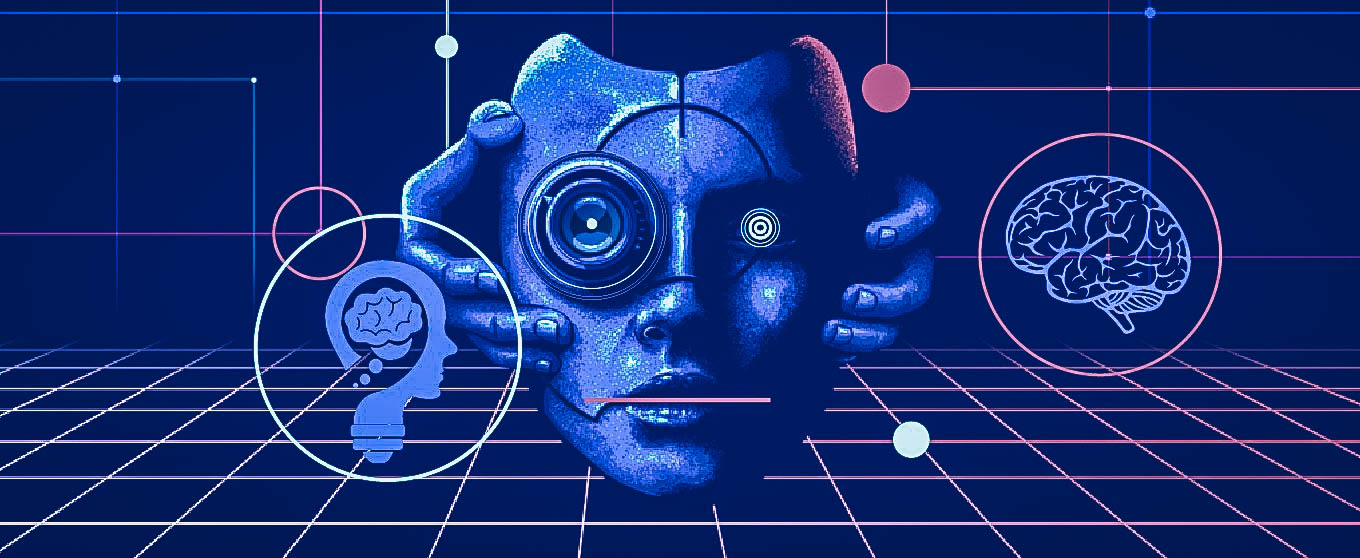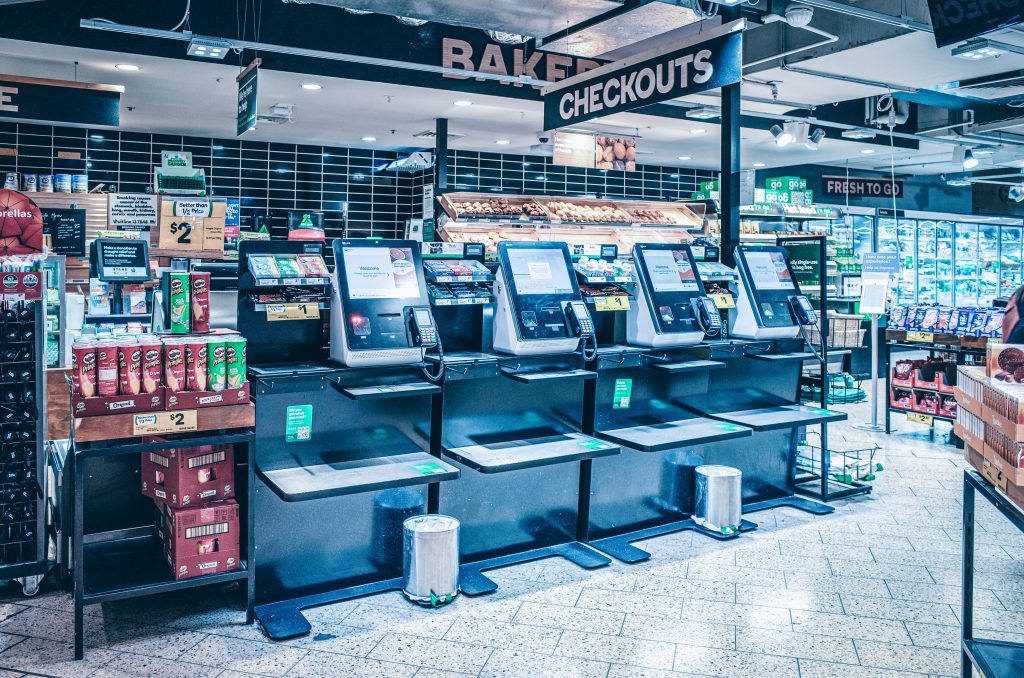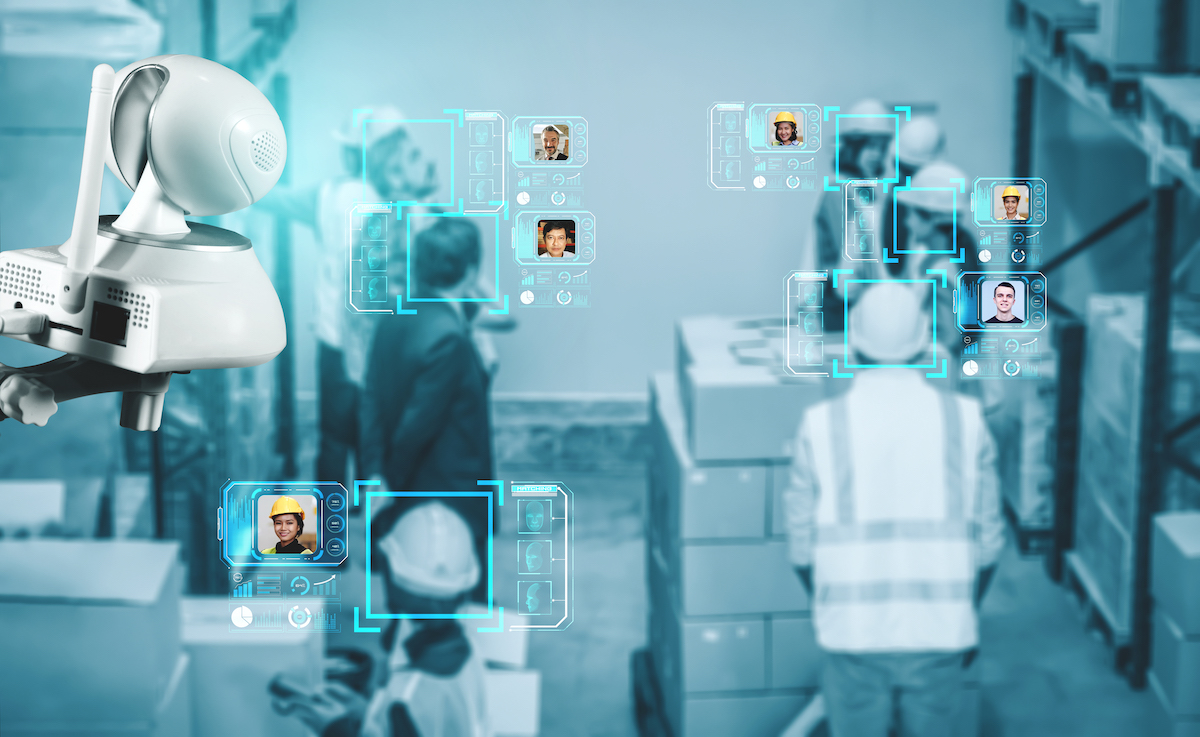ARTIFICIAL INTELLIGENCE AND MACHINE VISION AT THE SERVICE OF RETAILERS
Artificial intelligence is being actively implemented in virtually every aspect of life and business. Specifically, its performance and effectiveness is being tested in the retail industry, where, in conjunction with traditional anti-theft measures, it is designed to enhance protection against theft and organized crime.
Walmart, Target, Lowe’s, Target, Lowe’s, Kroger, Macy’s, CVS and other major retailers are joining anti-theft efforts with technology companies to develop and deploy next-generation video surveillance systems, facial recognition cameras, license plate and car readers, autonomous robot guards, radio frequency identification (RFID) tags, smart locks and predictive analytics systems, CNBC reported. While such security technologies have been around for years, they are now becoming more advanced thanks to artificial intelligence.
For retailers and loss prevention specialists, the main goal of these technologies is not so much to catch a thief in the act, but rather to thwart the crime itself and make it less attractive to offenders.
Video surveillance has been around for decades, but only modern cameras with built-in video analytics collect and analyze data to predict the occurrence of an unwanted event. When suspicious behavior is detected, store security is automatically notified of the location and time of the violation, after which a decision is made as to whether intervention is necessary.
The problem of organized retail theft is getting worse every year. Theft losses hit the $92 billion mark in 2021, rising to $112 billion in 2022. According to the National Retail Foundation, retail crime increased 26.5% on average in 2021, and theft and related crimes have increased 94% over the past five years. Retailers also note that violence and aggression towards store employees has increased during incidents.






